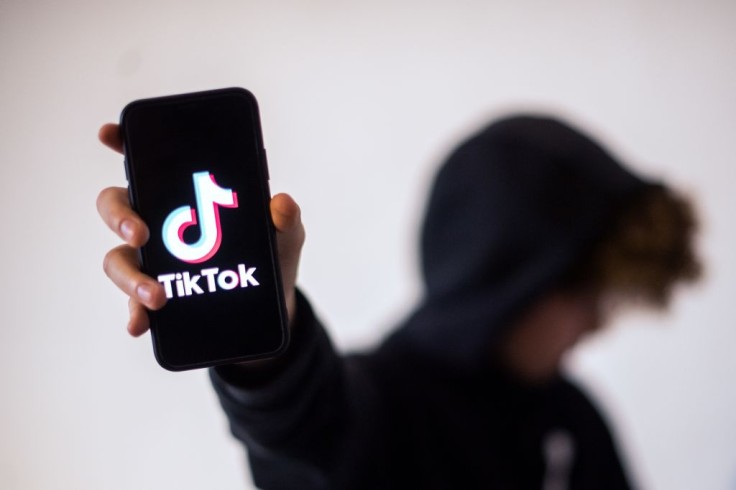
Social media and video giant TikTok conducted a survey and found out that some of the challenges in the platform affect the mental health of several teenagers.
For this reason, the platform is teaming up with a clinical child psychiatrist and a behavioral scientist to correct this matter.
TikTok Surveys 10,000 People
According to Engadget, the platform conducted a poll of more than 10,000 teenagers, parents and educators in a number of countries, including the United States and the United Kingdom. In the survey, it was noted that 31 percent of teenagers had participated in an online challenge.
In the blog post by the entertainment platform, the head of safety public policy in TikTok Europe Alexandra Evans stated that the survey conducted will help them understand and develop even more effective responses.
To give much clarity regarding the survey, teenagers were assessed how dangerous the challenges they had seen online. The survey found out that around 48 percent considered the challenges wer safe, while 32 percent believed they had a small risk and 14 percent of teenagers indicated that they were too risky or dangerous. Meanwhile, three percent of respondents believed challenges were extremely dangerous, and less than one percent claimed that they had taken their part in an online challenge they categorized in that way.
Aside from this surprising data, nearly half of teenagers (46 percent) said they want "good information on risks more widely" and "understanding on what is too far." With that being stated, the entertainment video platform also found out that teenagers use several strategies to understand the hazards associated with online challenges before participating.
The said strategies include watching videos of other people participating in challenges, reading comments and talking to their friends. Among the most significant steps that can help the participants be safe is to nurture them by providing a guide with instruction on how to analyze potential threats.
Although forwarding such cautions may appear harmless, the study found that 31 percent of youth who were exposed to hoaxes suffered negative consequences while 63 percent stated hoax contents had a negative impact on their mental health.
TikTok Adresses Risky And Self-Harm Challenges
The given percentage of how hoaxes affects the mental health is alarming.
For those who are not familiar with hoaxes, video hoaxes try to persuade people to believe in something horrific that is not true.
For this reason, TikTok has removed several hoax videos and is now taking steps to prevent them from spreading. It also plans to go further in the future, though they will be starting by removing "alarmist warning" videos on false self-harm challenges.
"We will continue to allow conversations to take place that seeks to dispel panic and promote accurate information," Evan furthered on the blog post.
On the other hand, Tiktok also believes that strong policies are crucial components of their efforts to safeguard their community. In relation to this, the entertainment video platform partnered with a clinical child psychiatrist and a behavioral scientist to strengthen the language used in prompting safety label warnings.
The said label warning occurs when an individual attempts to find content related to dangerous challenges or hoaxes.









